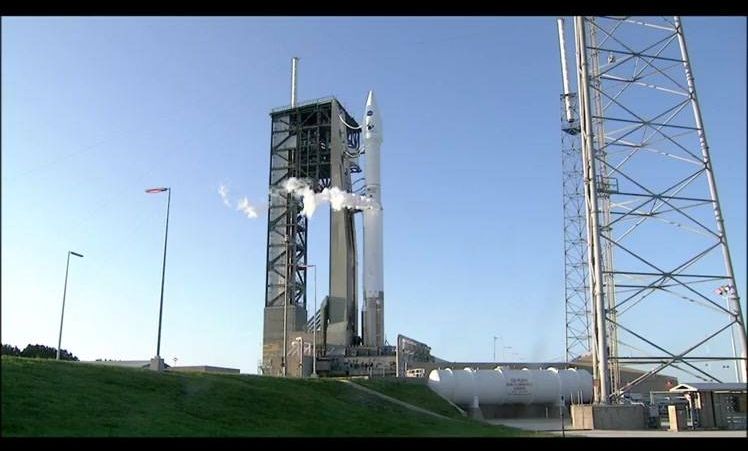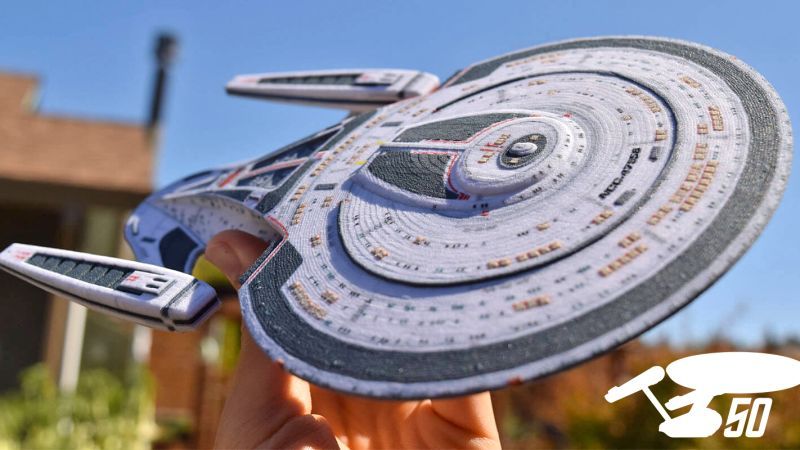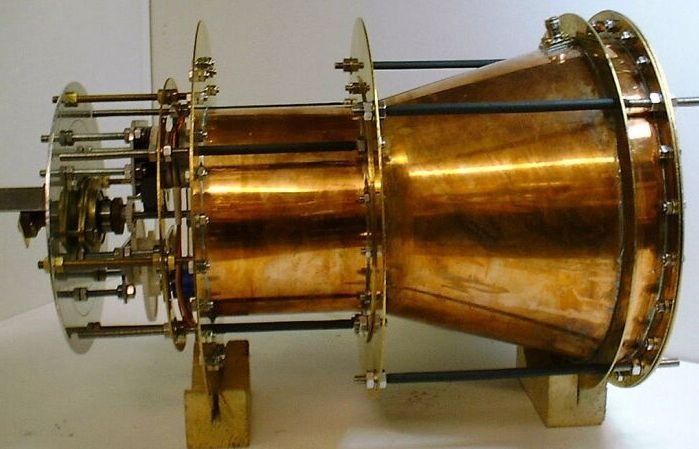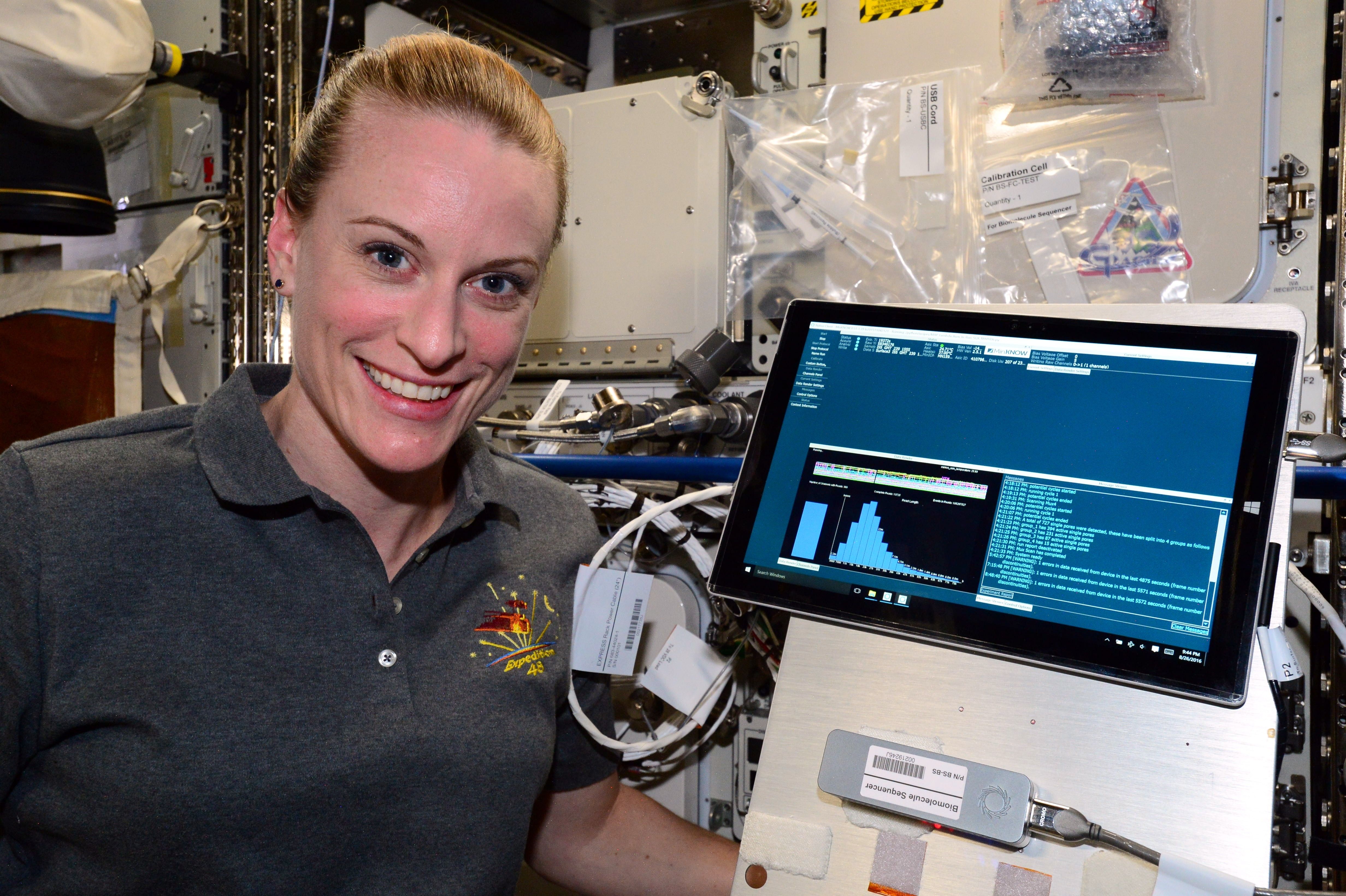Archive for the ‘space travel’ category: Page 467
Sep 8, 2016
NASA — National Aeronautics and Space Administration
Posted by Dan Kummer in category: space travel
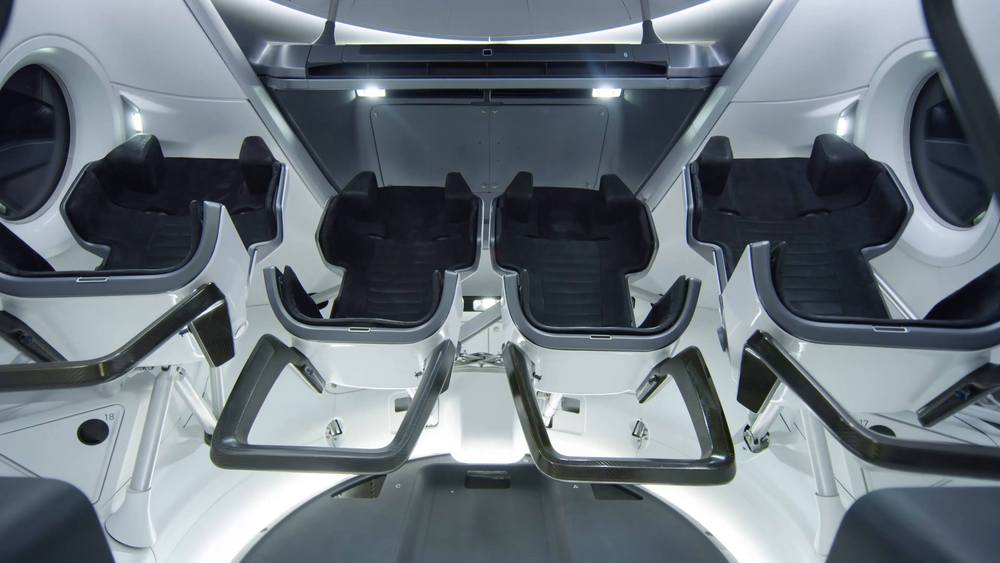
LIVE NOW: We’re launching to an asteroid! Watch live coverage of our OSIRIS-REx spacecraft lift off at 7:05 p.m. EDT aboard an Atlas V rocket on a mission to explore asteroid Bennu and return a sample to Earth.
Sep 8, 2016
An AI upgrade for your brain, Elon Musk teases the Neural Lace
Posted by Karen Hurst in categories: Elon Musk, nanotechnology, neuroscience, robotics/AI, space travel, sustainability

Worried that AI’s one day could make us their pets Elon Musk is teasing a new brain-hacking tech
There’s no doubting that Elon Musk is one busy guy. Whether he’s trying to land on Mars with SpaceX, running Tesla, buying SolarCity, investing in the future of AI, building Giga factories or throwing out Hyperloop concepts for fun but it’s increasingly apparent that he’s giving a huge amount of thought to the day when advanced AI’s become the most intelligent form of “life” on the planet.
Continue reading “An AI upgrade for your brain, Elon Musk teases the Neural Lace” »
Sep 8, 2016
Build Your Own Starfleet With These Customized 3D-Printed Star Trek Ships
Posted by Karen Hurst in categories: 3D printing, space travel
Ever wanted your own Starship Fleet designed by you? Well, now you can have it.
In Star Trek Online, aspiring captains can take the helm of one of more than 400 different ships that can be further personalized with custom color schemes, materials, shields, and capabilities. And now thanks to Eucl3D, a 3D printing company, those ships can be brought into the real world.
Sep 5, 2016
How Elon Musk Plays With His Kid
Posted by Bryan Gatton in categories: Elon Musk, humor, space travel

Sep 2, 2016
NASA’s Impossible Space Engine, The EMdrive, Passes Peer Review (But That Doesn’t Mean It Works)
Posted by Klaus Baldauf in categories: physics, space travel
If the engine causes thrust with no reaction, and it’s been independently verified, have we truly broken the laws of physics?
Sep 1, 2016
Explosion at Cape Canaveral Air Force Station
Posted by Andreas Matt in category: space travel
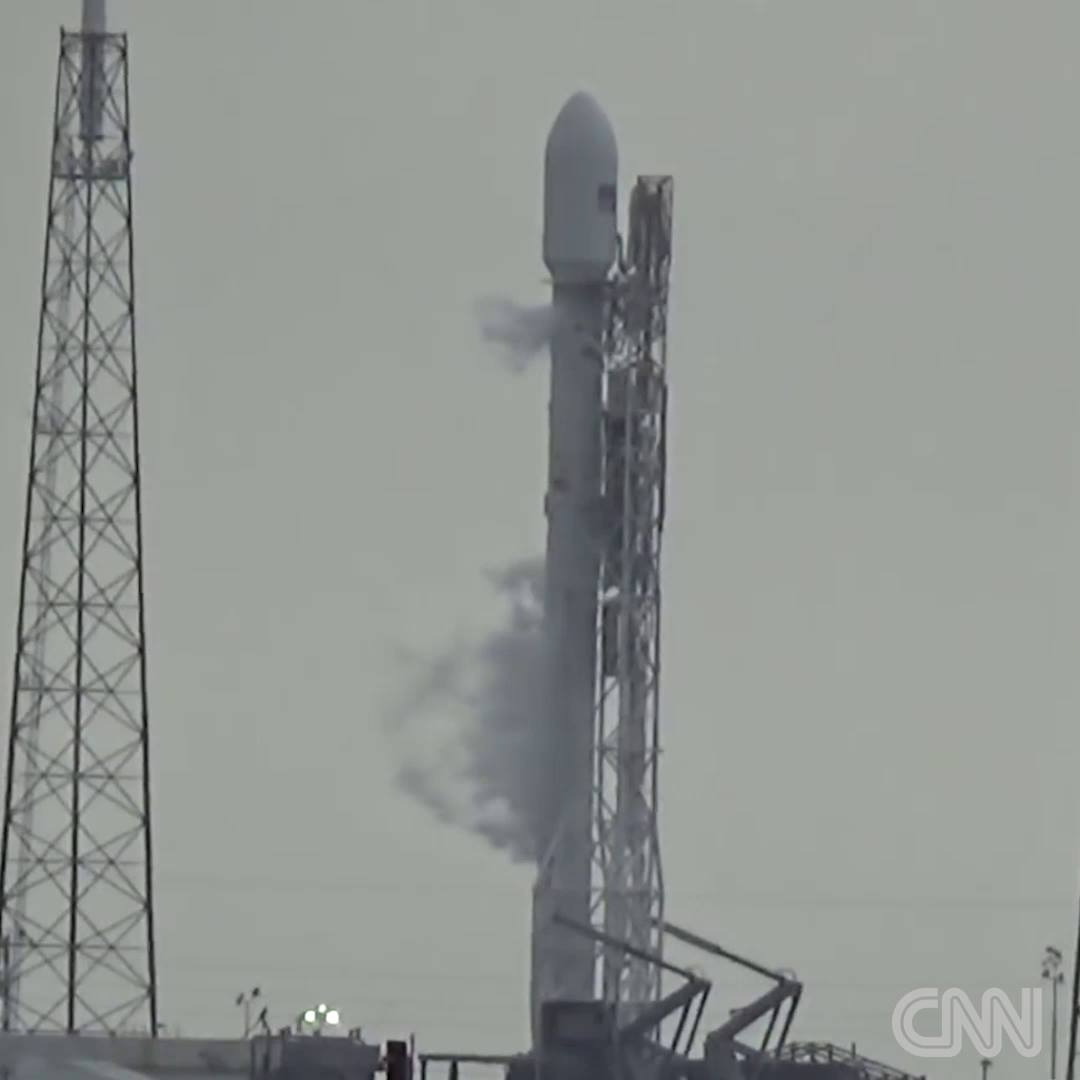
Watch dramatic footage of the SpaceX rocket exploding at its Cape Canaveral launch pad http://cnnmon.ie/2cgE1QY
Sep 1, 2016
Explosion rocks SpaceX launch site in Florida during test
Posted by Dan Kummer in categories: robotics/AI, space travel
Whoops.
CAPE CANAVERAL, Fla. (AP) — An explosion rocked a SpaceX launch site Thursday during a routine rocket test.
SpaceX was conducting a test firing of its unmanned rocket when the blast occurred shortly after 9 a.m., according to NASA. The test was in advance of a planned Saturday launch from Cape Canaveral Air Force Station, which is next to NASA’s Kennedy Space Center.
Continue reading “Explosion rocks SpaceX launch site in Florida during test” »
Aug 31, 2016
Prospecting for Asteroid Resources — Deep Space Industries
Posted by Klaus Baldauf in categories: robotics/AI, space travel
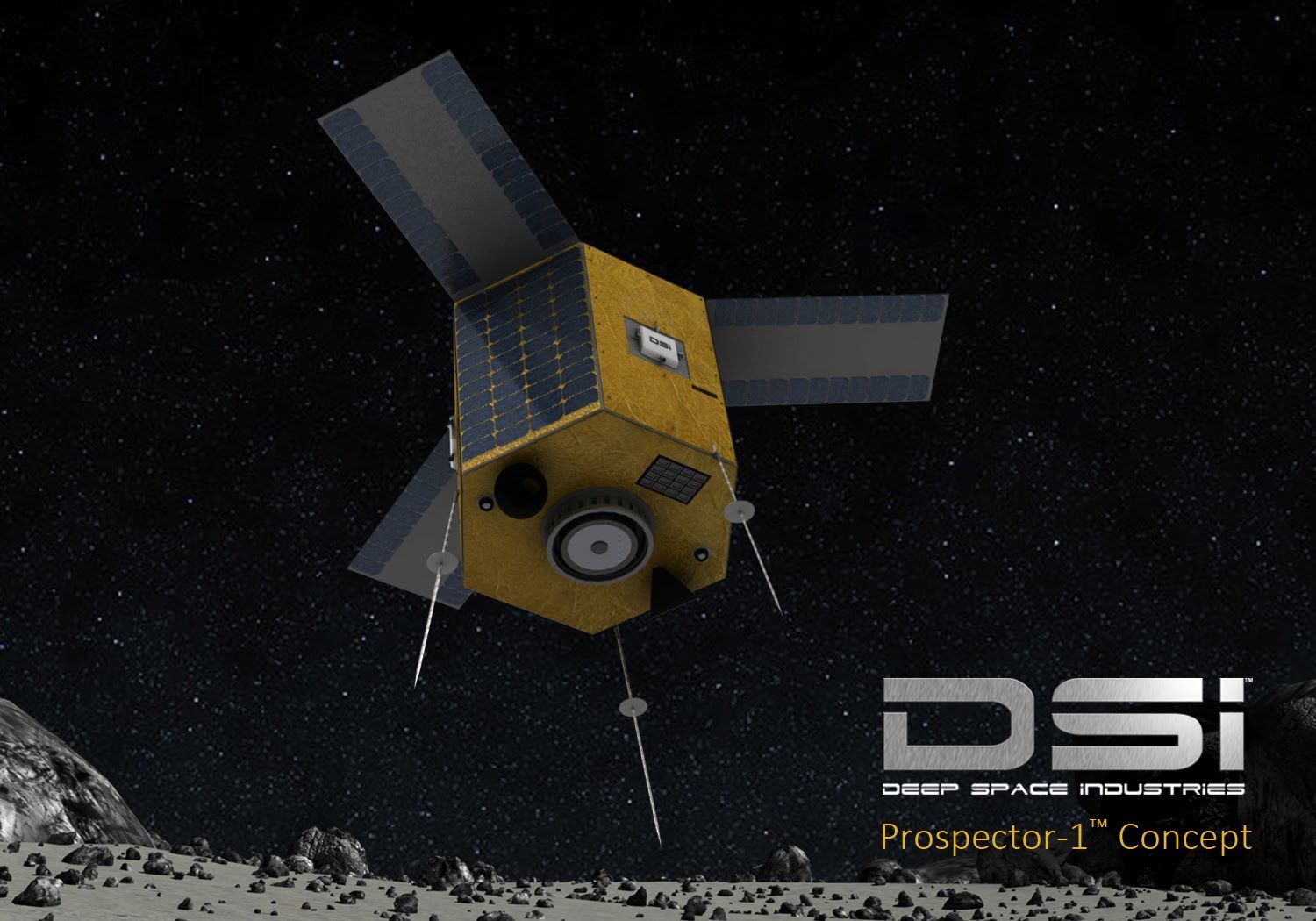
https://www.youtube.com/watch?v=J0vkqQN44I4&feature=youtu.be
http://deepspaceindustries.com/prospector-1/
Prospector-1, the world’s first commercial interplanetary mining mission, will fly to and rendezvous with a near-Earth asteroid to determine its value as a source of space resources.
Continue reading “Prospecting for Asteroid Resources — Deep Space Industries” »
Aug 30, 2016
First DNA Sequencing in Space a Game Changer
Posted by Klaus Baldauf in categories: biotech/medical, space travel
For the first time ever, DNA was successfully sequenced in microgravity as part of the Biomolecule Sequencer experiment performed by NASA astronaut Kate Rubins this weekend aboard the International Space Station. The ability to sequence the DNA of living organisms in space opens a whole new world of scientific and medical possibilities. Scientists consider it a game changer.
DNA, or deoxyribonucleic acid, contains the instructions each cell in an organism on Earth needs to live. These instructions are represented by the letters A, G, C and T, which stand for the four chemical bases of DNA, adenine, guanine, cytosine, and thymine. Both the number and arrangement of these bases differ among organisms, so their order, or sequence, can be used to identify a specific organism.
The Biomolecule Sequencer investigation moved us closer to this ability to sequence DNA in space by demonstrating, for the first time, that DNA sequencing is possible in an orbiting spacecraft.
Continue reading “First DNA Sequencing in Space a Game Changer” »
